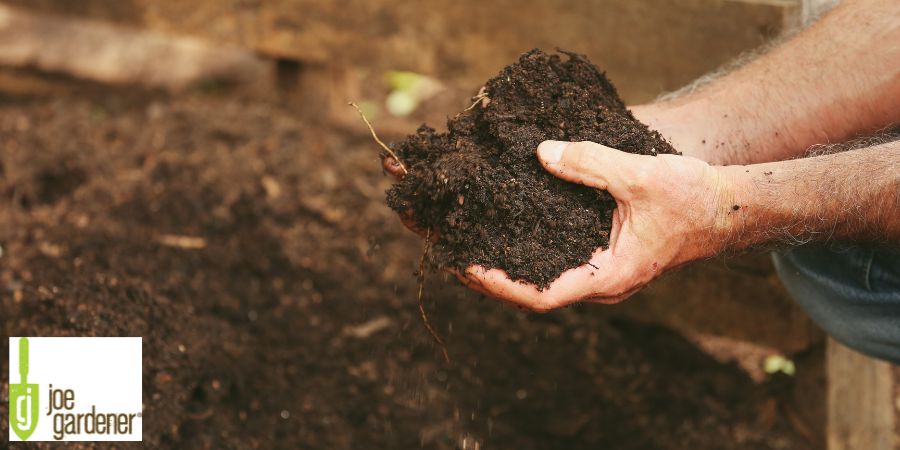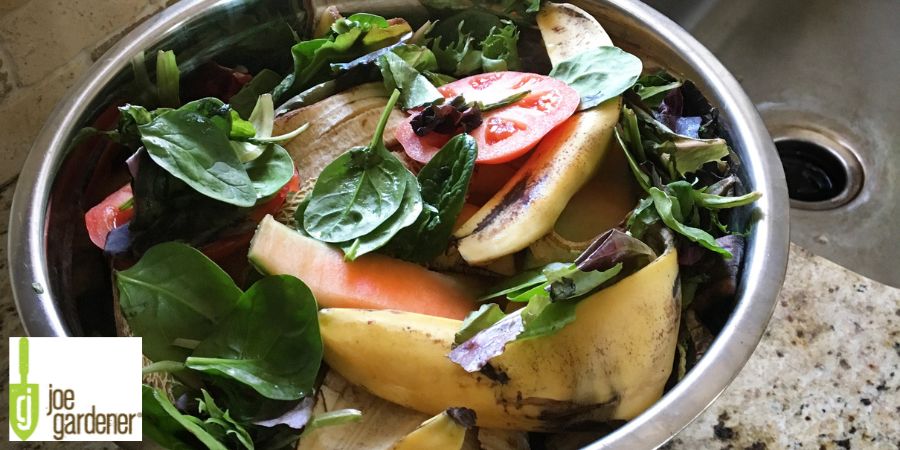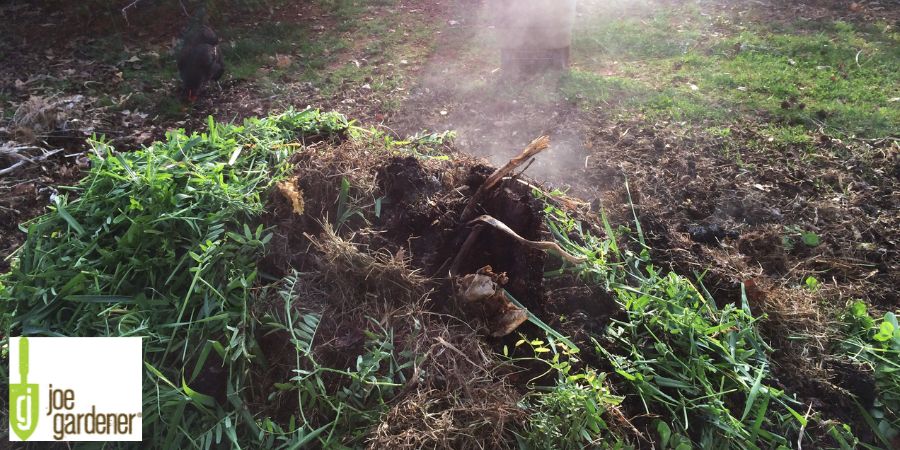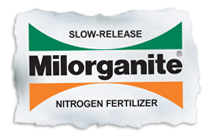Make Compost Quickly and Easily in 3 Simple Steps
- Gardening Expert and Host of Growing a Greener World®June 18, 2022
A compost pile that just sits, failing to break down, is a common frustration among gardeners who haven’t gotten the hang of producing compost yet. The good news is that the steps to making compost successfully and quickly are far less complicated than you might expect.
Compost is by far my favorite soil amendment, and I can never have enough of it. Compost helps heavy clay soil drain better and helps sandy soil retain moisture better. It provides organic matter and nutrients to support the soil food web and feed plants. I also love that it’s easy to make while diverting organic materials that would otherwise end up in a landfill.

You’ll know you have finished compost once all the organic materials you’ve added to your compost pile are no longer recognizable. The various inputs will have biodegraded into a uniform appearance, and the smell will be pleasant and earthy.
Before getting started, it’s important to temper your expectations. “Making compost quickly” does not mean within a few weeks. If you follow the steps I’ve outlined below, a reasonable timeframe to produce beautiful finished compost without a lot of work is about six to nine months. Yes, there are gardeners who swear they can turn inputs into finished compost in no time at all, and maybe they can, but for the rest of us — especially those of us in cooler climates — it takes at least half a year.
Follow these three simple steps and you’ll be on your way to producing “black gold.”
1. Pile Up Inputs
You don’t need a compost bin or a fancy compost tumbler to begin composting — just pick a spot in your yard for a compost pile. The real key to getting started is becoming attuned to all the inputs to add to that pile.

From inside the house: vegetable scraps, fruit rinds, peels and cores, corn husks and cobs, egg shells, coffee grounds, tea bags, stale bread, shredded (non-glossy) paper, brown paper bags, cardboard (tape removed), paper towel rolls, pet fur, and houseplant trimmings.
Don’t include dairy products, meat, grease, or pet waste in your compost pile. These will attract animals and won’t decompose adequately in a home composting setup.
From outside the house: grass clippings, leaves, small sticks and twigs, plant clippings, weeds that have not gone to seed, chicken and rabbit manure.
Never use manure from horses that were fed hay from fields treated with persistent herbicides. If those herbicides end up in your garden, they will kill the vegetables and ornamentals you are trying to grow. Modern herbicides can persist in manure, compost and soil for years, which is a lesson you don’t want to learn the hard way.
And don’t overcomplicate this. Many books and articles talk about a proper ratio of green waste (nitrogen sources) to brown waste (carbon sources). Forget about it. Just keep adding ingredients whenever you can come across them. Shoot for an overall size of about four feet tall and just as wide, and focus on building a nice mix of greens and browns rather than worrying about maintaining a precise ratio.
2. Mix It Up
Find a pitchfork or garden fork and keep it close by. Once a week (more often is better), turn over your pile as best you can. This will become more difficult as you add volume — and easier after you start withdrawing finished compost from the pile.

Turning the pile not only blends the green and brown inputs altogether but also introduces oxygen to the mix. Air is hugely important to the success of quick compost because the worms and aerobic microorganisms that digest organic materials need oxygen. Failing to aerate your compost pile is one of the biggest reasons why ingredients don’t break down.
3. Just Add Water
In addition to oxygen, the microorganisms in compost piles need water. Keep your compost pile wet by adding water every time you turn it. The pile should be kept as moist as a damp sponge all the way through.
A dry pile is another reason compost doesn’t break down quickly. On the other hand, refrain from overwatering. A compost pile that is too wet may begin to smell foul. This is due to anaerobic decomposition, which happens in the absence of oxygen.
It Really Is That Simple
I use these three steps and have great success making compost. Don’t skip any and you will have compost ready for your garden in a matter of months from start to finish.

